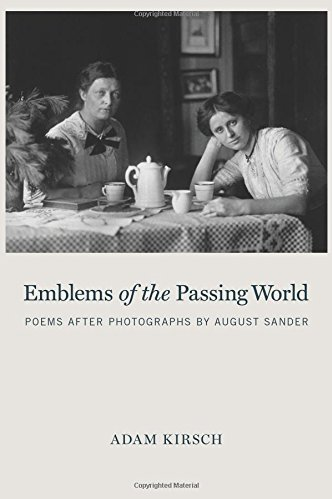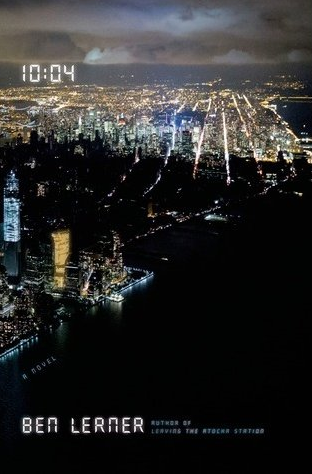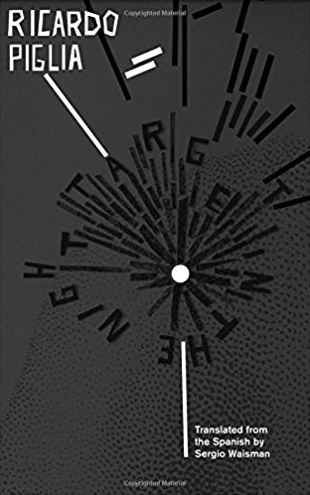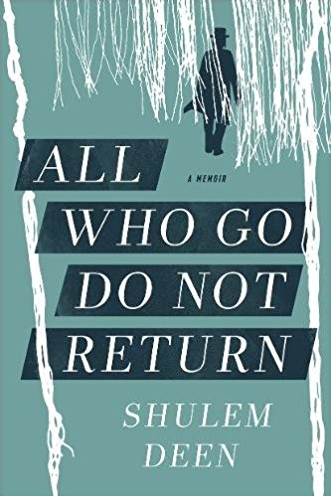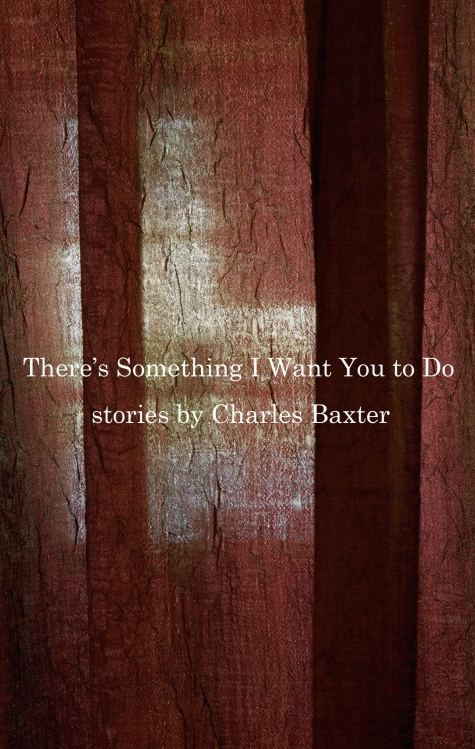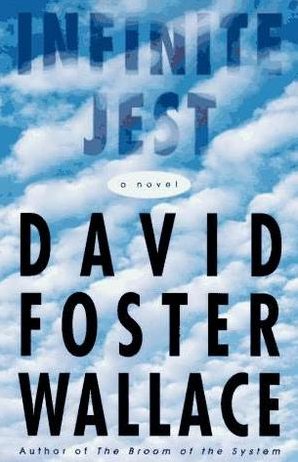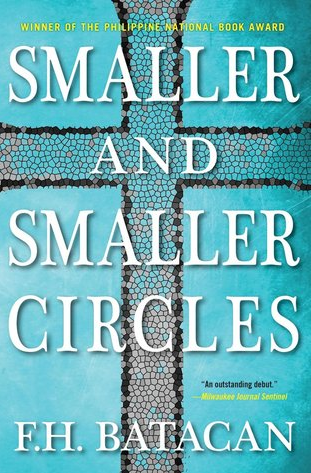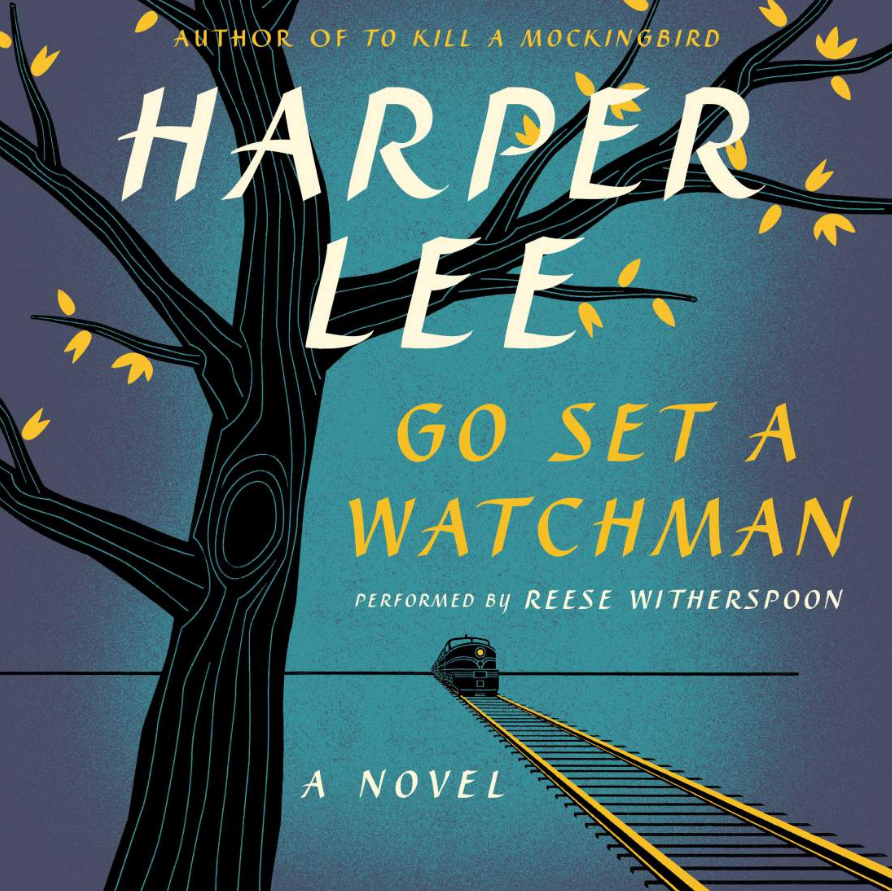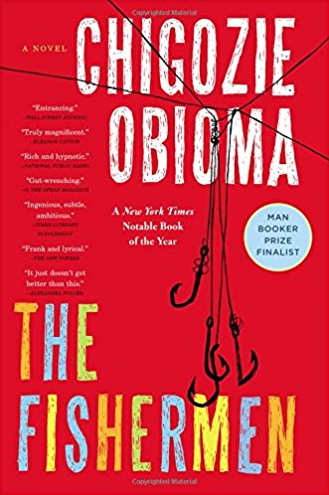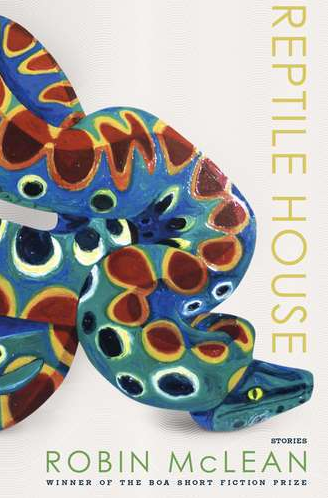Book by ADAM KIRSCH
Reviewed by

Stoic faces, stiff poses, graceful envelope rhyme—this book is built on the difference between a caption and a title, between identifying an image and re-animating it. As Adam Kirsch writes in his introduction to Emblems of the Passing World, August Sander’s photographs reveal “what is ordinarily hidden from us—the way we ourselves appear, and will appear to posterity, as types, when we stubbornly insist on experiencing ourselves as individuals.”
The poems that follow are based on photographs of citizens from Germany’s Weimar Republic, a period of political upheaval between the first and second World Wars. Despite severe economic inequality during these years, many of Germany’s most famous artists and writers flourished, including August Sander, a photographer with the ambition of documenting people from all walks of life. Rather than using names, the portraits identify their sitters by social class or occupation, and the poems use their captions as titles. Kirsch, who is both critical and admiring of Sander, carves these subjects from the geological strata of their history and attempts to give them back a semblance of individuality.
